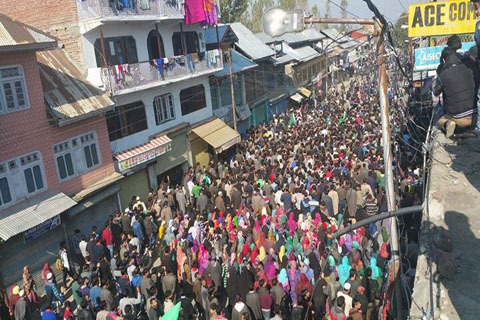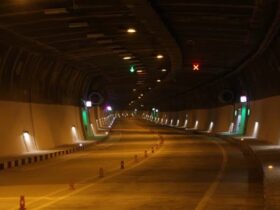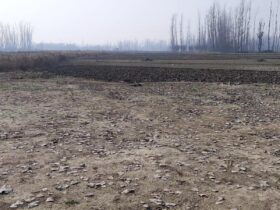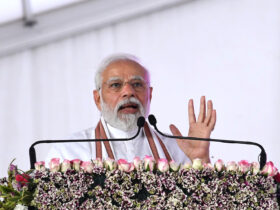Small scale businesses in J&K struggle to pay wages
Yasmeen Manzoor
Srinagar, April 30(KNB): Synchronised nation-wide lockdown has not only taken health sector badly in its clenches, it has jammed all other sectors in particular the nation’s economy with severe impact on Business sector and unemployment rate.
Researches revealed, extended lockdown has set to cost the Indian economy up to Rs 17.78 lakh crore as majority of the aviation, retail, financials, realty and automobiles factories, businesses units have been suspended hiiting worstly the sectors such as travel and tourism, manufacturing units causing 26.2 per cent rise in the unemployment rate across country.
Experts believe, Global economic activity has came to a halt, causing people to lose their jobs as about Fourteen crore people are expected to have lost employment in the lockdown period, lurching rate of labour participation to 35.4 percent from 35.5 percent with employment rate being dipped to 26.1 per cent as against 27 per cent in the earlier week.
According to survey conducted by the Center for Monitoring Indian Economy Pvt Ltd(CIME) said unemployment rate rose to 23% amid nationwide lockdown imposed to contain the spread of Coronavirus which is highest since September 2016.
Pertinently, Prime Minister Narendra Modi while citing the unemployment rate advised the industrial leaders, public and private sectors not to fire workers or cut wages in this troubling time.
Meanwhile, Entrepreneurs and Capitalists across the country have stated that though the business sectors have made sure that they have enough cash for next two years but pandemic has made likely companies to follow the freeze hiring approach which surely can go for lay-off and pay cuts and ultimately will result increase in unemployment levels over the next month.
Researchers claimed that complete lockdown imposition would be extremely risky for economic output, in order to protect the economy to the maximum core workers those in key industries such as health care, food and transportation must be separated from the rest of the working population.(KNB)

















